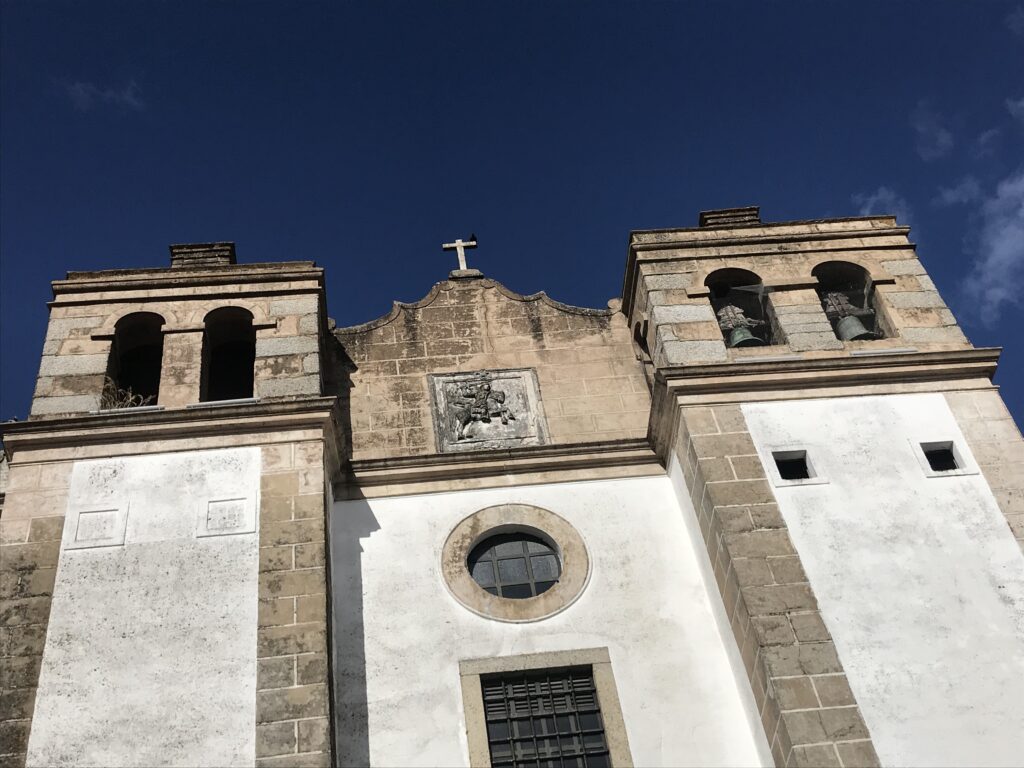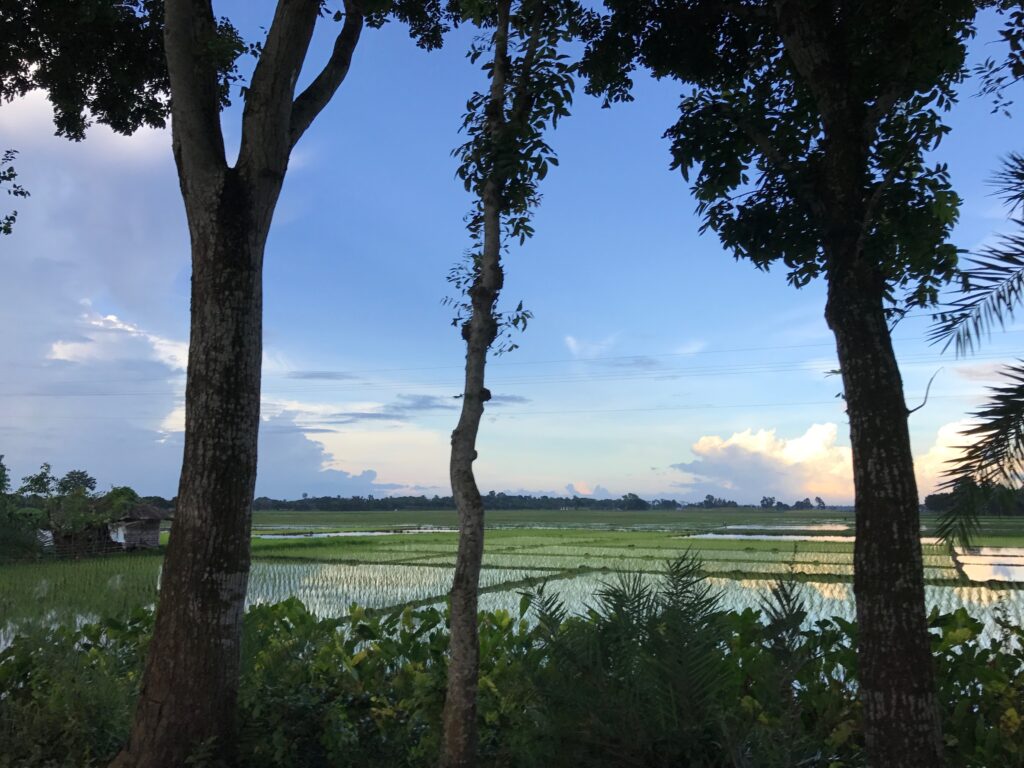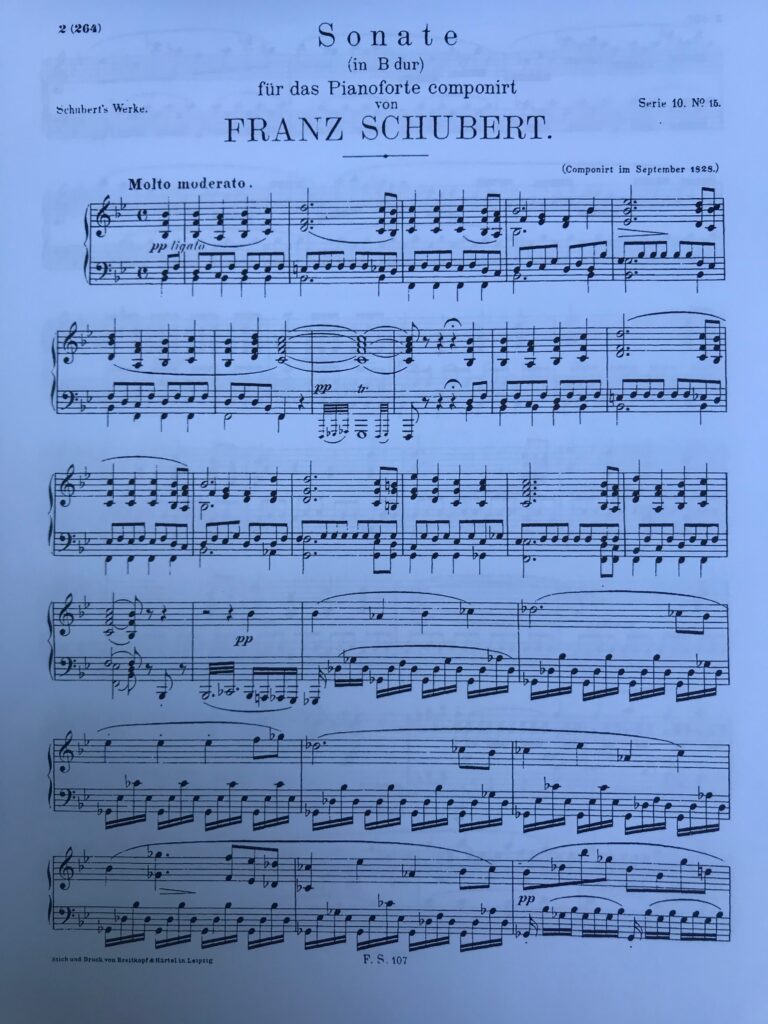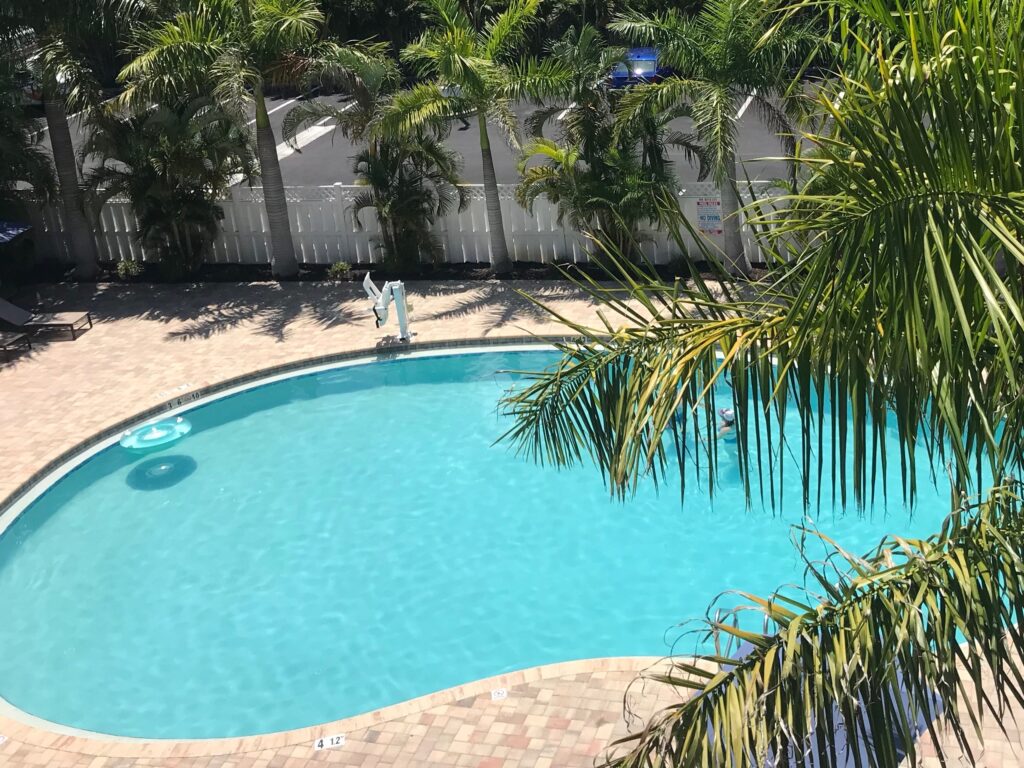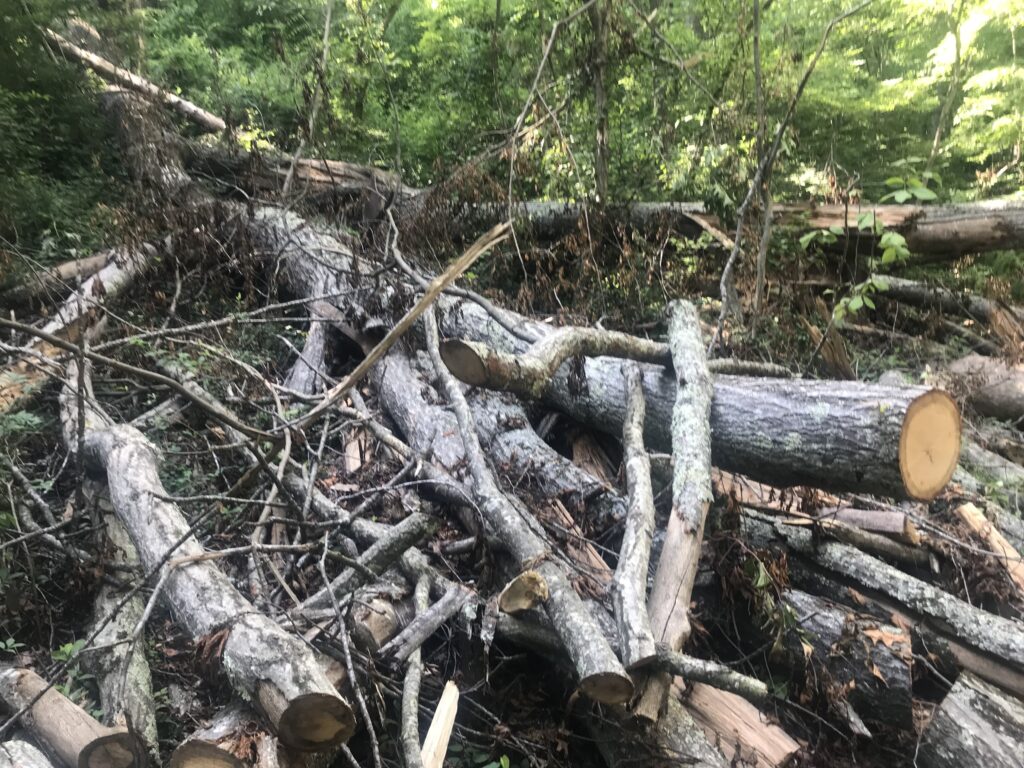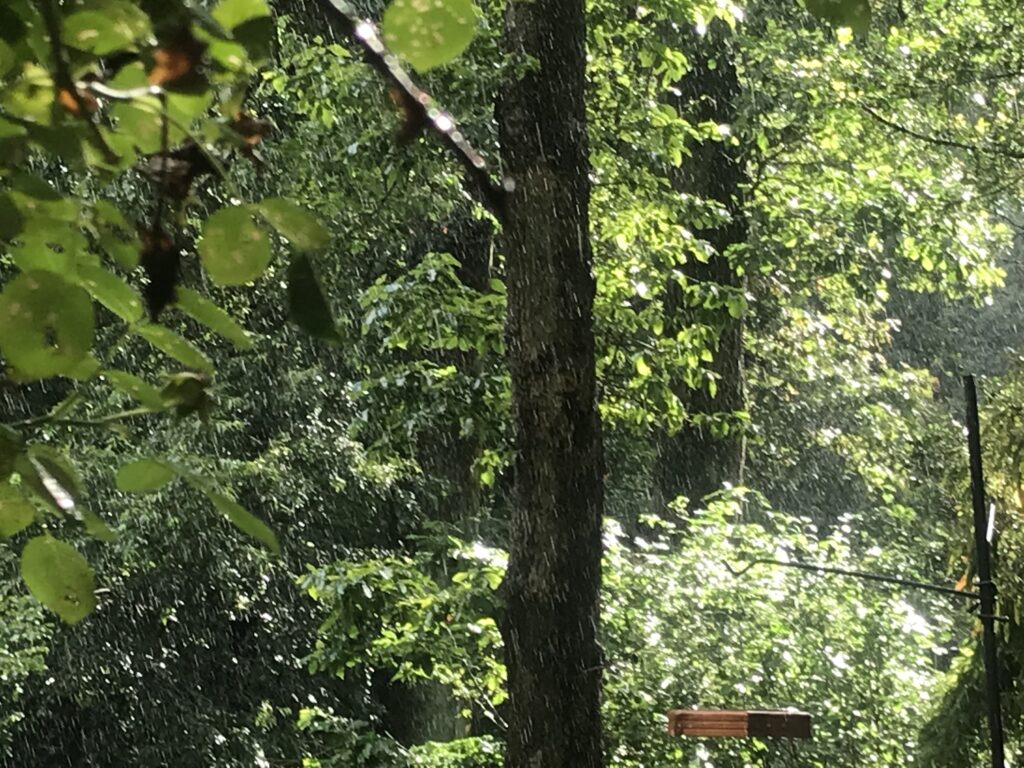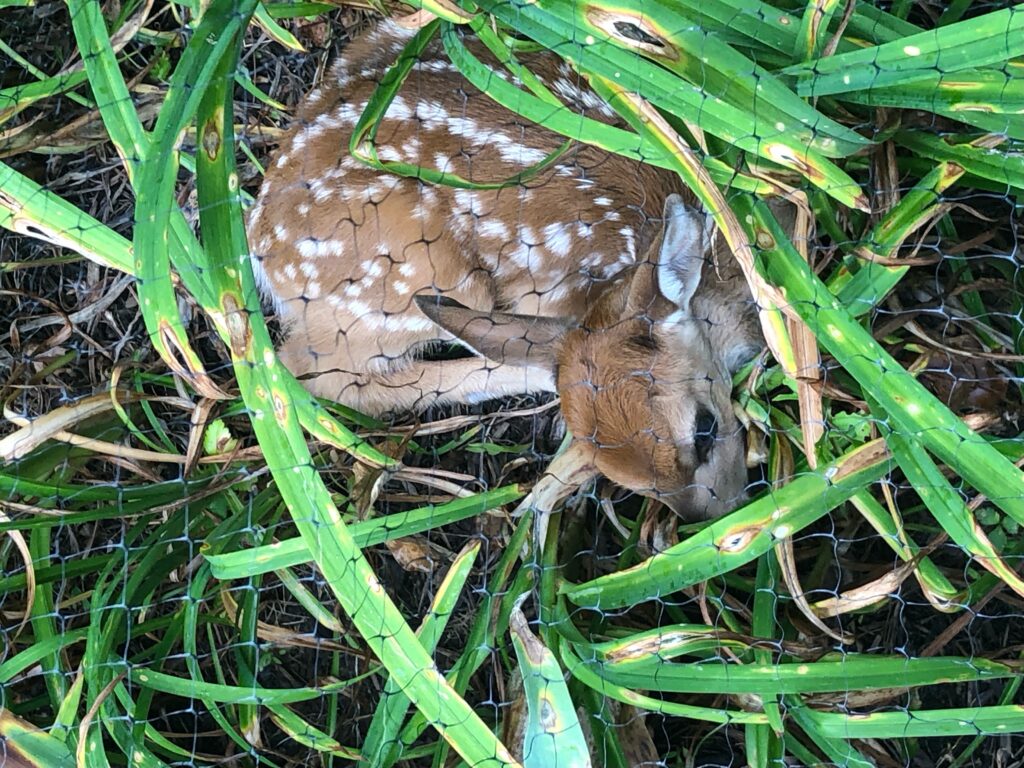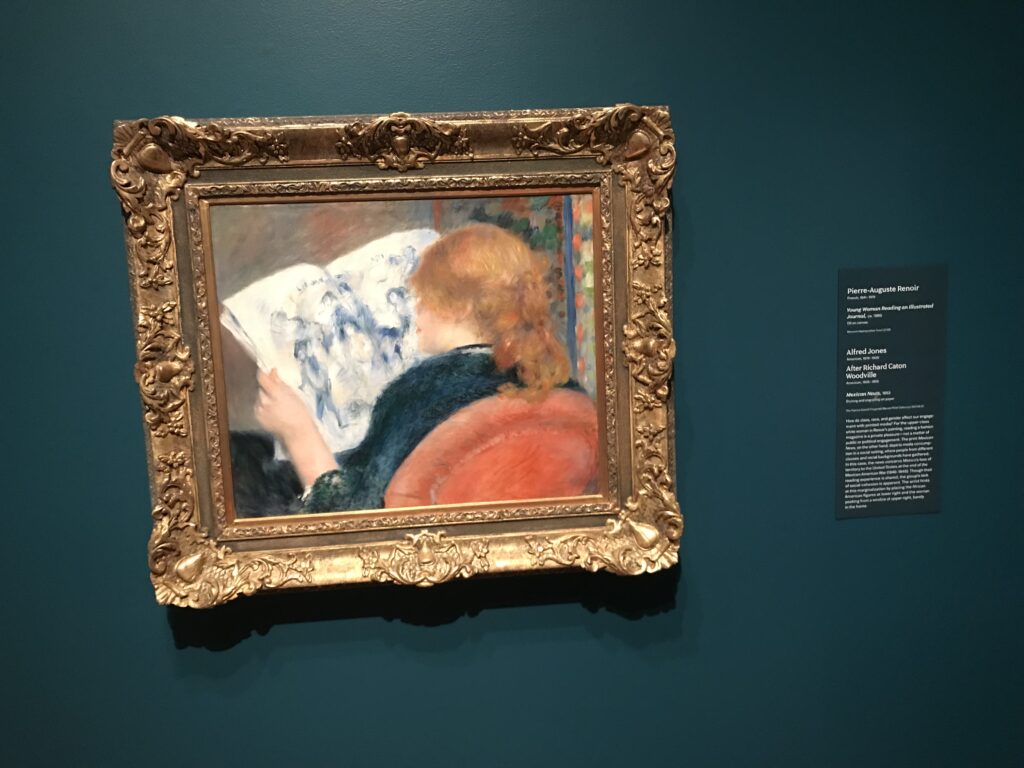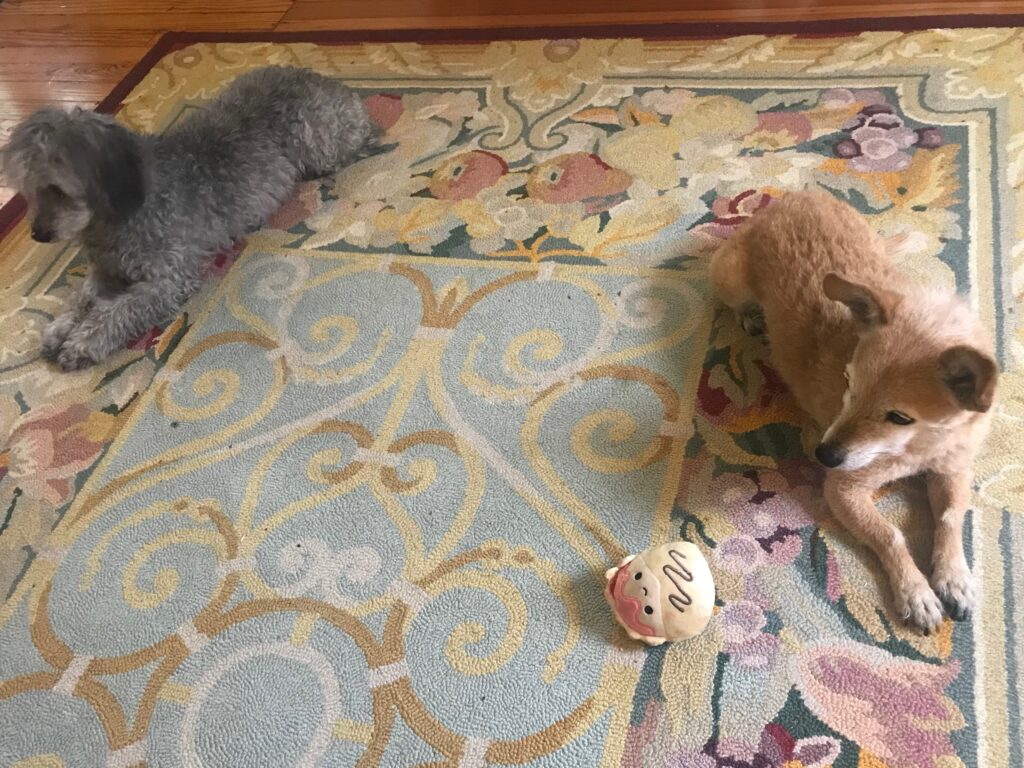Some Positives
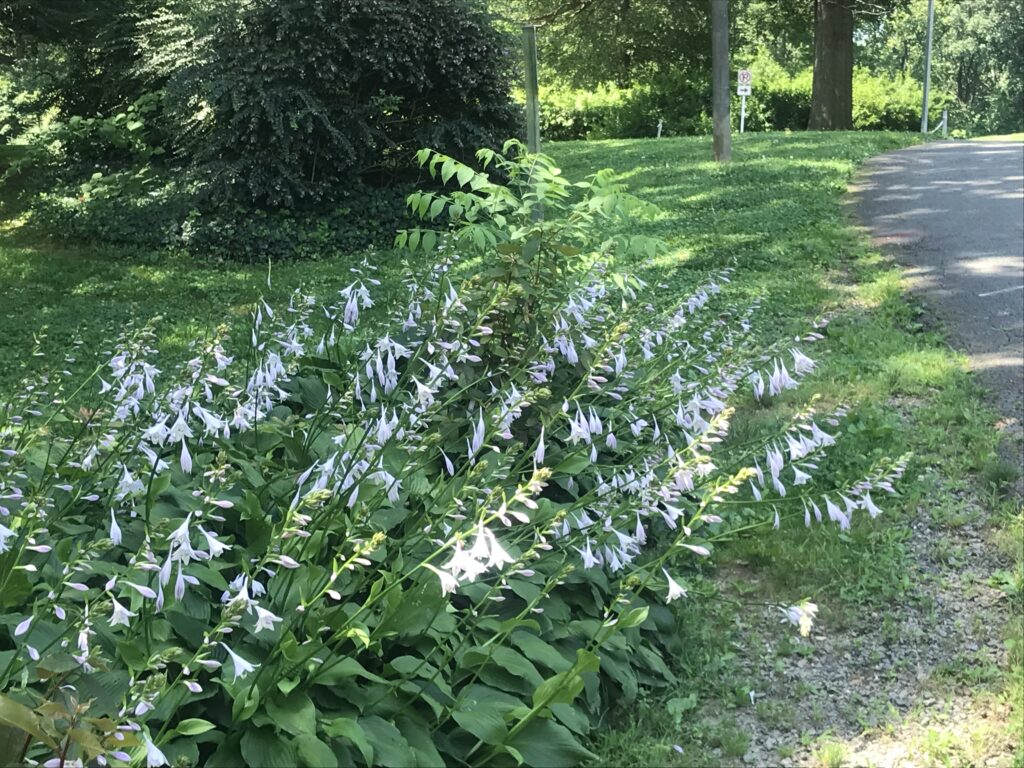
It’s below 80 degrees, so I’m heading out to a paved trail soon. Now is not the day to traipse along a dirt path — too muddy — but I know where to walk among the trees and keep my feet dry. And with the first “coolish” (everything is relative) day we’ve had in a week, this walk will not be at the crack of dawn.
Today I was up and writing before sunrise. An hour later I was conked out again, a victim of my own early-morning ambition.
But isn’t it lovely to be able to go back to sleep? It’s something I couldn’t have dreamed of doing even just a few months ago, too much schoolwork. And I can walk whenever the mood strikes me, too.
Can you tell I’m looking for the positives today?
(Blooming hostas from yesterday’s walk. I snapped them to remind myself what the plant looks like before deer eat it.)
